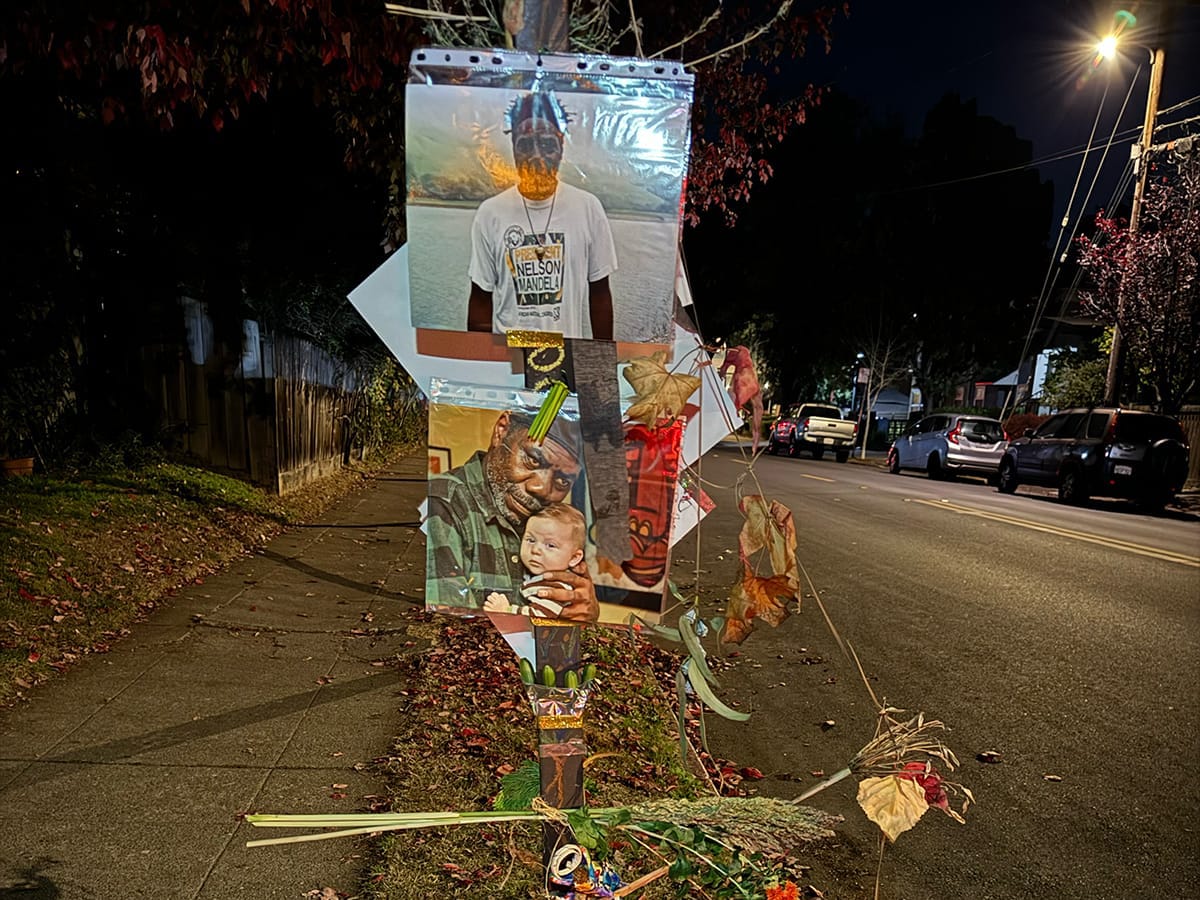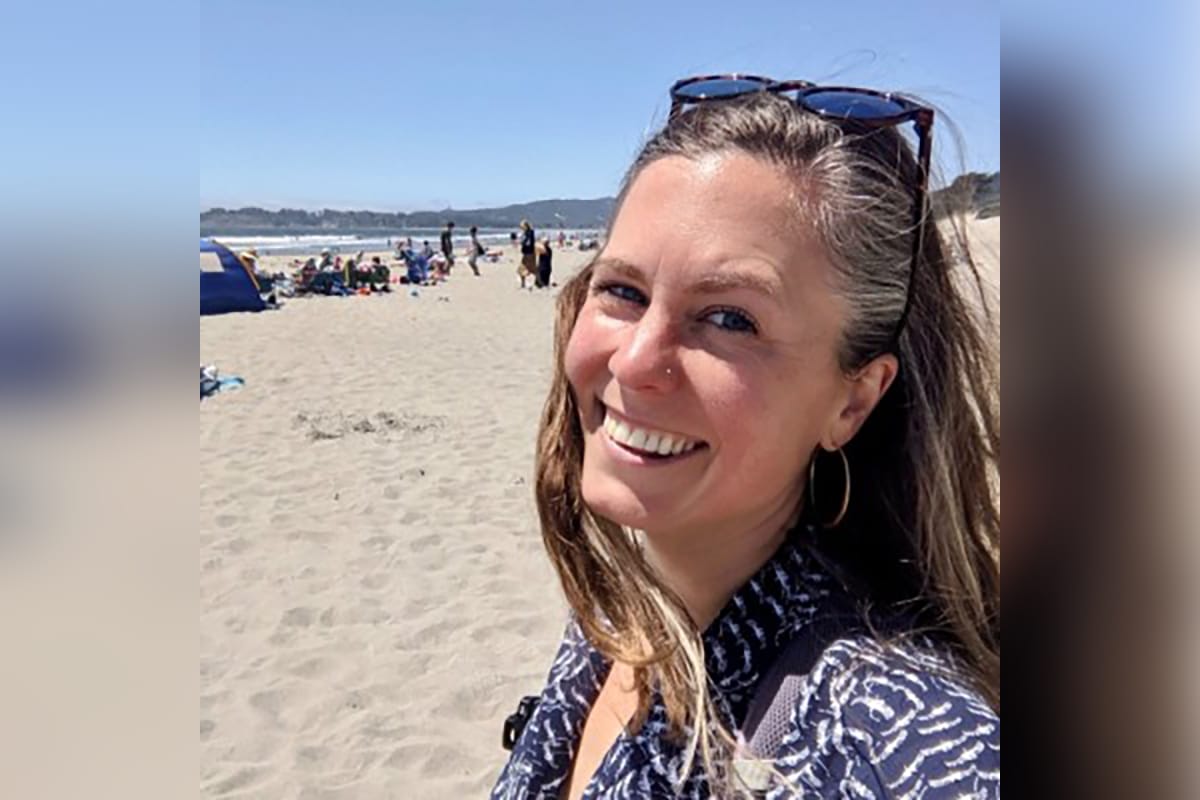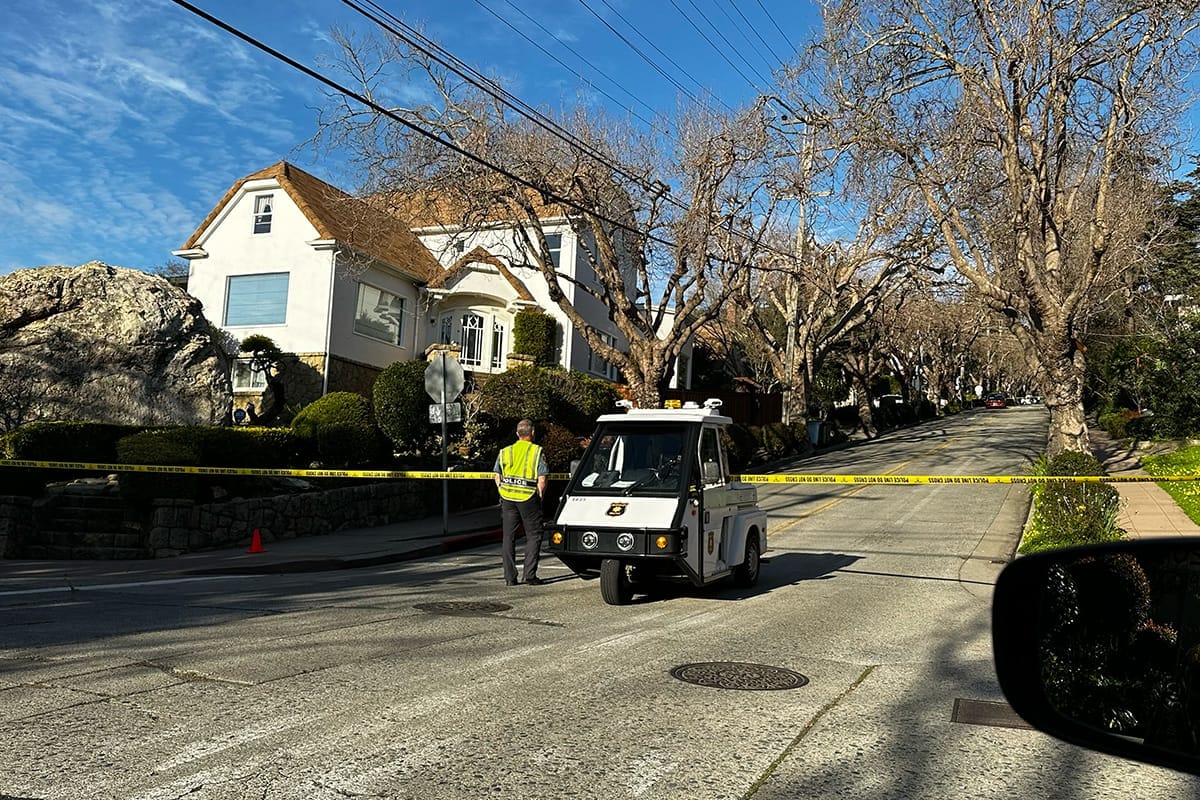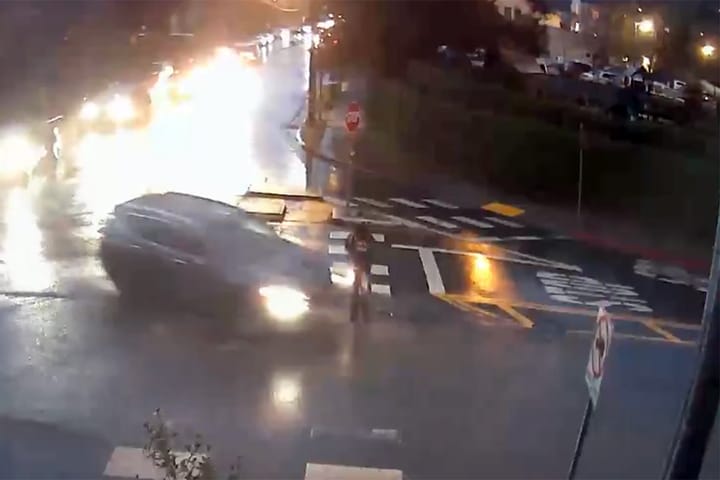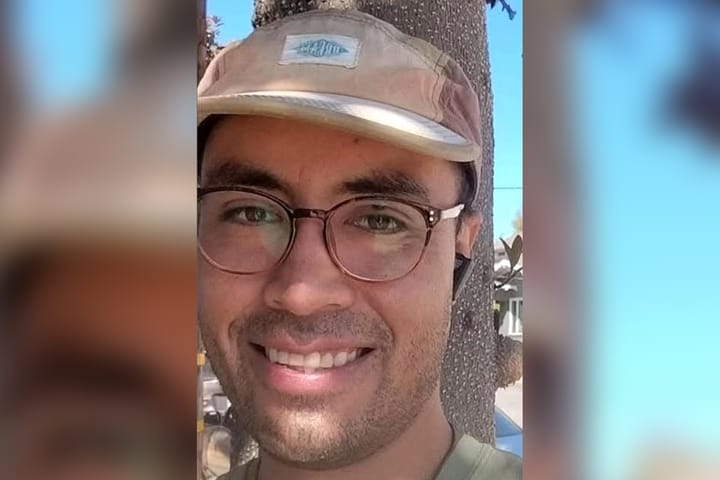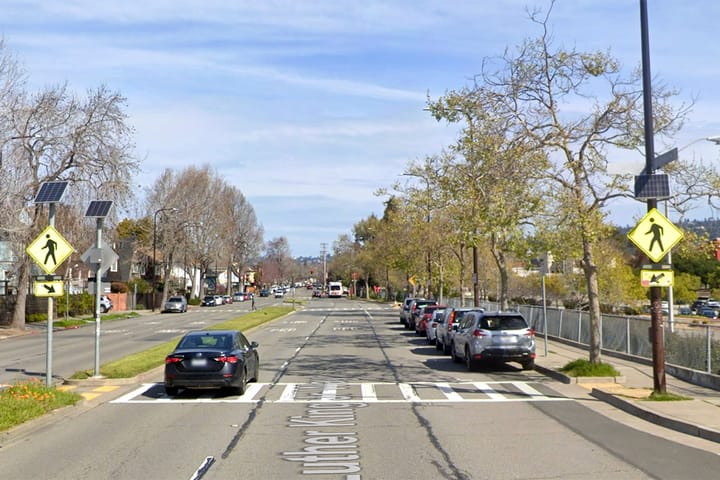Driver found guilty in vehicular manslaughter of Julia Elkin
The crash that killed Elkin, on Feb. 12, 2024, was one of several fatal pedestrian collisions in Berkeley involving elderly drivers.
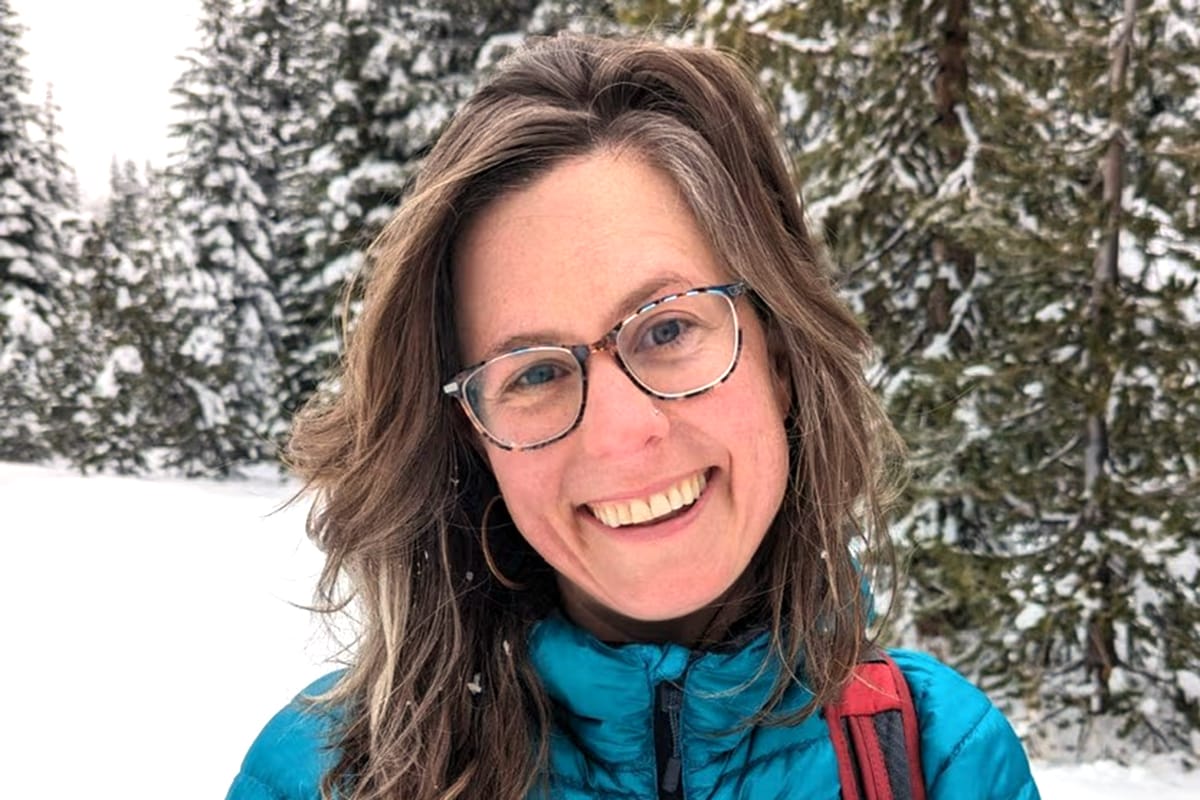
The 86-year-old artist who struck conservationist Julia Elkin while driving in the Berkeley Hills last year was found guilty this week of vehicular manslaughter.
On Wednesday, a judge found Buldan Seka guilty of the misdemeanor as part of a negotiated settlement in which Seka gave up her license.
If Seka complies with the terms of the deal, the criminal case against her will be dismissed in a year in a process known as deferred entry of judgment. A civil suit may still be brought against her.
The emotional hearing took place before Judge Gloria Rhynes, with several people who loved Elkin, family and friends alike, sharing painful stories of what it has been like to live without her.
A woman whose life was saved thanks to Elkin's kidney also made remarks, calling Elkin "a beautiful young woman who cared about everybody."
Six people received critical transplants thanks to Elkin's organ donation, her family said.
Seka's defense attorney, Darryl Stallworth, also spoke at length, apologizing to Elkin's family on her behalf and trying to put Seka's long life in context.
The crash that killed 37-year-old Julia Elkin, on Feb. 12, 2024, was one of several fatal pedestrian collisions in Berkeley involving elderly drivers, with some calling for increased review and policy changes to address the apparent public safety risk.
Elkin's parents indicated in court that they would have liked the deal to include a community service element in which Seka had to talk to older drivers about what she did.
But most of the comments focused on their daughter and how much she brought to their lives and the lives of others.
Jane Elkin, Julia's mother, described her younger daughter as "joy personified."
"She was a world traveler, a backpacker and triathlete, a reader and writer, a musician and sketch artist who lived a minimalist lifestyle so rich with friends that she didn't own a TV," her mother said.
The two stayed close, despite living on opposite coasts, taking quarterly adventures together.
Jane highlighted her daughter's generous spirit and her deep interest in improving the world around her.
"If a homeless woman asked for a handout, she took her to CVS for whatever she needed," Jane said, "even when she herself could barely make ends meet."
In her 16-year career working for environmental organizations, Elkin helped protect and rehabilitate open spaces and make them more accessible to everyone, from a park in south Los Angeles to the Ocean Discovery Living Lab in San Diego and Elk River Estuary in Humboldt County.
Elkin was also an artist "who saw latent beauty in everything," from paint chips to seashells.
"When I taught her to sew as a teen, she designed high fashion from burlap rice bags and discarded tablecloths," her mother recalled.
She also described struggling since her daughter was killed, losing focus, losing interest in her passions, becoming more forgetful and fatigued, and battling several health issues.
She said she remained haunted by images of her daughter in the hospital after the crash. Elkin survived for two weeks, at some points seeming to improve before ultimately succumbing to her injuries.
"Losing Julia didn't just leave a hole in my life," she said. "It's more of a canyon. My heart aches with an intensity I did not know was possible."
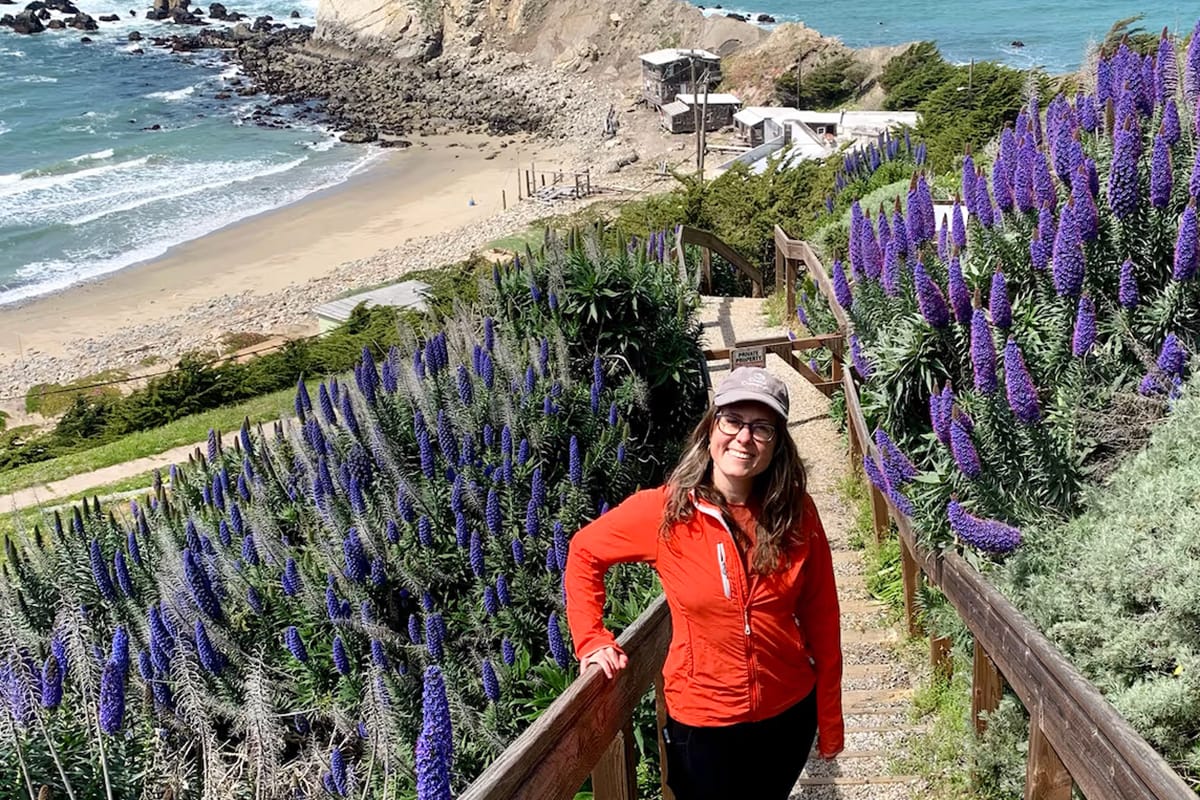
Julia's father, Herb, said losing his younger daughter had been "much worse than anything I could ever have imagined."
He described the pain of seeing her life cut short, to never be able to hear her voice again or see her smile.
"I now question life's journey in the aftermath of her loss, and continually struggle with the unfillable empty space she left behind," he said. "I'd give anything for one more phone call, one more hike through the woods or tidepooling along the shore with her."
He called her death his "forever loss."
Dawanna Santisteban, the San Francisco bus driver who received one of Elkin's kidneys, also addressed the court Wednesday.
It was her first time meeting Elkin's family in person. She brought her teenage son to court with her.
Santisteban said she felt a kinship with Elkin, who reminded her of herself.
She said she was nearly the same age as Elkin when she got the transplant and described herself as a "Black hippie" who loves music and art, and does everything she can for her family and friends.
Santisteban said it was clear to her that Elkin had been the type of person who always put others first.
" She will forever live on through me — and through everybody else she helped," she told Elkin's parents.
" We all live through her," she continued. "And we keep doing things to remind us of her."
Judge Rhynes also praised Elkin, for her "good work and her powerful impact" on the world.
As a retired judge, who used to oversee murder trials, she said she'd heard detailed stories of many painful deaths.
The worst kind, she said, was "where someone has everything to live for … and then they're just gone."
Rhynes urged Elkin's loved ones to try to rediscover joy in their lives as a way to honor their daughter's memory: "Go forward with the spirit she lived with," the judge told them.
Stallworth, the defense attorney, spoke after the judge, describing Seka as an internationally renowned ceramic artist who had raised two daughters in the Bay Area with her husband of 60 years.
He said Seka had lived her long life with compassion, generosity and integrity, describing the period after the crash as "the most difficult chapter" of her life.
"She and her family have been on a long journey of pain," Stallworth said, " not the pain that's anywhere close to comparable to the loss of a daughter.… But to live with that every day, knowing that you played a role in the loss of someone's life, has been traumatic and difficult."
He said he had advised Seka not to address the court or talk about the case.
"But, rest assured," Stallworth said, "her family, they are so sorry. And they express their condolences. And it's been a painful journey for them as well."
Stallworth, a longtime defense attorney who started out as a prosecutor, said he no longer believed in the concept of "closure."
"There's no closure," he said, adding that he hoped the "next chapter" for everyone would be one of "awareness," as Berkeley and the state work to improve Marin Avenue and other city streets and find ways to make them safer, including through a new "daylighting" laws that seek to improve visibility at intersections.
" We all have to be more mindful, as a pedestrian and as a driver, that we have to see each other," he said. "If there's anything we can take away from this horrible tragedy, it's to be more present and aware."
When Stallworth finished, the judge said she agreed with him on at least one thing.
" I do have to concur," Rhynes said. "There is no closure. I don't even know if quote-justice-unquote, in these situations, seems to be the appropriate term. But what I would say is: It is a conclusion to this portion of the legal proceedings."
Under the terms of the deferred entry agreement, Seka is set to return to court next year in May for the dismissal of her case.
If she breaks the rules, or has new arrests or convictions, she will be sentenced to one year of court probation, the judge said.
The University of Michigan School for Environment and Sustainability, which Elkin attended, has established an endowment in her honor.
Related coverage
